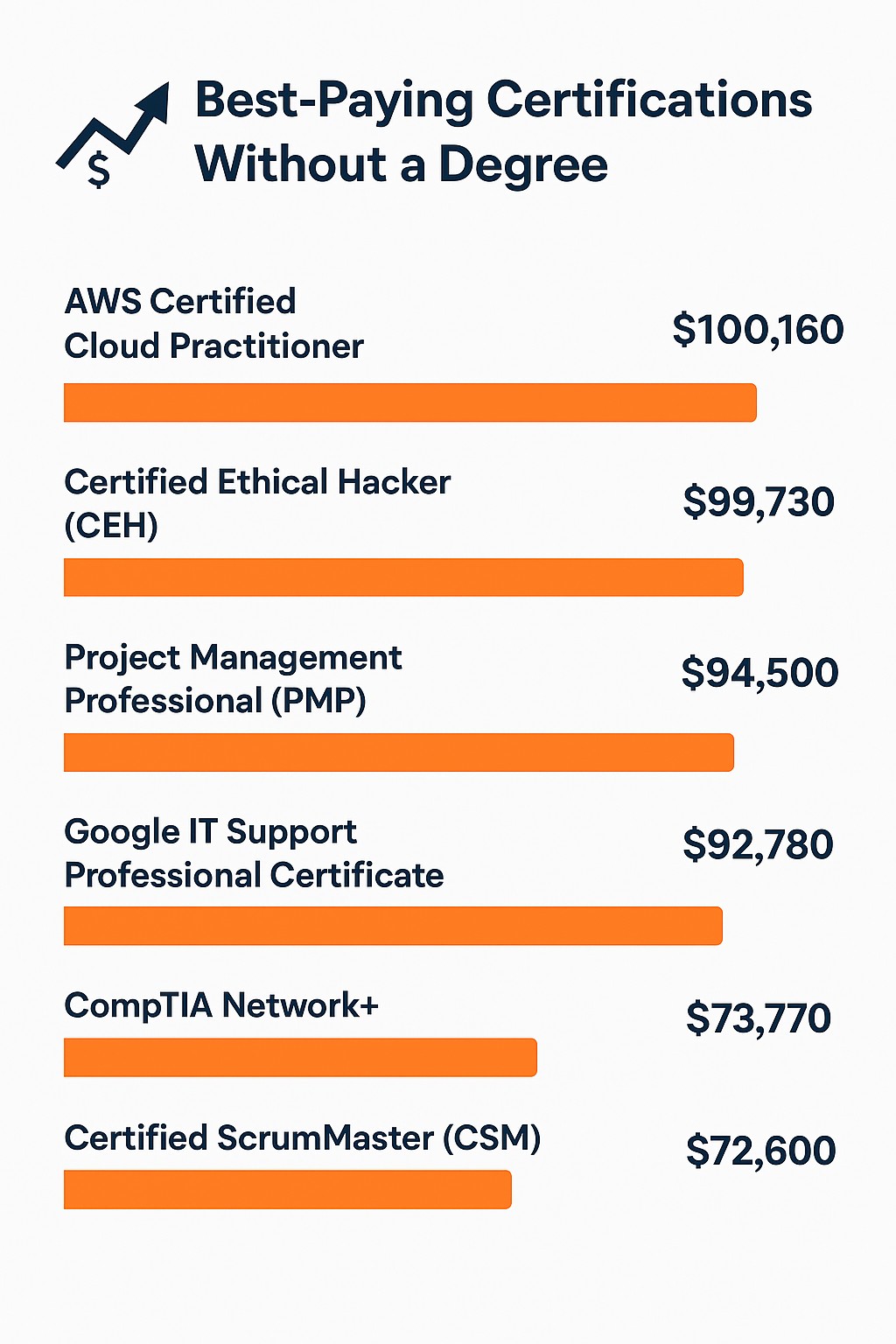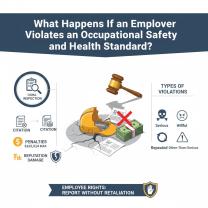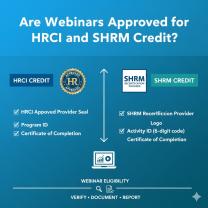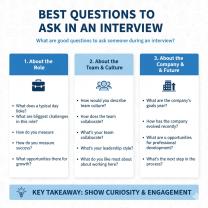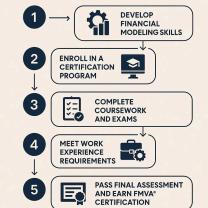What certifications can you get without a degree?
Great question! Many certifications can boost your career without requiring a college degree. They can help you gain specialized skills, qualify for better jobs, or even switch careers. Here’s a categorized list:
Certifications You Can Get Without a Degree
1. Technology & IT
CompTIA A+, Network+, Security+ – Entry-level IT, networking, and cybersecurity skills.
Google IT Support Professional Certificate – Intro to IT support, networking, and troubleshooting.
AWS Certified Cloud Practitioner – Basics of Amazon Web Services (cloud computing).
Cisco Certified Network Associate (CCNA) – Networking and infrastructure skills.
Microsoft Certified Fundamentals (Azure, Power Platform, Security, etc.).
Certified Ethical Hacker (CEH) – Cybersecurity and penetration testing.
2. Business & Project Management
Project Management Professional (PMP) or Certified Associate in Project Management (CAPM) – Project leadership and organization.
ScrumMaster (CSM) – Agile project management certification.
Six Sigma (Green Belt, Yellow Belt, etc.) – Process improvement and efficiency.
Google Project Management Certificate – Beginner-friendly project management.
3. Healthcare (Non-Degree Required Roles)
Certified Nursing Assistant (CNA) – Patient care basics in hospitals/nursing homes.
Emergency Medical Technician (EMT) – First response and medical emergencies.
Pharmacy Technician Certification (CPhT) – Support pharmacists in medication management.
Medical Billing & Coding Certification – Process insurance claims and healthcare data.
4. Trades & Skilled Careers
HVAC Certification (EPA Section 608) – Heating, ventilation, and air conditioning.
Welding Certification (AWS Certified Welder) – Trade work in construction, manufacturing.
Commercial Driver’s License (CDL) – Truck driving.
OSHA Safety Certification – Workplace and construction safety.
Electrician or Plumbing Apprenticeship Certifications (state/local).
5. Creative & Digital Fields
Google Analytics & Google Ads Certifications – Digital marketing and advertising.
Meta (Facebook) Blueprint Certification – Social media marketing.
HubSpot Inbound Marketing Certification – Content marketing.
Adobe Certified Professional – Photoshop, Illustrator, video editing.
6. Finance & Business Support
Certified Bookkeeper (AIPB) – Accounting and bookkeeping.
QuickBooks Certification – Business accounting software.
Chartered Financial Analyst (CFA) Level I – Investment and finance (doesn’t require a degree to start, though a degree helps for later levels).
Insurance Licenses (Life, Health, Property, Casualty) – State-regulated, good for insurance careers.
Key Takeaway
You don’t always need a degree — certifications can help you stand out, prove your skills, and often lead to high-paying jobs in IT, healthcare, trades, and business.
You're interested in certifications as a pathway to career growth, and that's a smart move! Many valuable certifications can open doors to in-demand jobs without requiring a traditional college degree. They demonstrate specific skills and a commitment to professional development.
Let's explore the world of certifications:
Certifications You Can Get Without a College Degree
Many industries offer certifications that focus on practical skills and knowledge, making them accessible even without a four-year degree. These are particularly common in technical, healthcare support, and trades professions.
Here are some examples:
Information Technology (IT):
CompTIA A+: A foundational certification for entry-level IT support specialists, covering hardware, software, networking, operating systems, and security.
Google IT Support Professional Certificate: Covers troubleshooting, customer service, networking, operating systems, and security.
Cisco Certified Network Associate (CCNA): Focuses on networking fundamentals, particularly with Cisco products.
AWS Certified Cloud Practitioner (CCP): An entry-level certification for understanding cloud concepts within Amazon Web Services.
Healthcare Support:
Medical Assistant: Assists doctors and nurses with clinical and administrative tasks.
Phlebotomist: Specializes in drawing blood for tests and donations.
Dental Assistant: Supports dentists with patient care and administrative duties.
Emergency Medical Technician (EMT): Provides emergency medical care.
Pharmacy Technician: Assists pharmacists in dispensing medications.
Nursing Aide (CNA): Provides basic care to patients in hospitals or nursing homes.
Medical Coder (CPC): Translates patient information into standardized codes for billing.
Skilled Trades:
HVAC Technician: Installs, maintains, and repairs heating, ventilation, and air conditioning systems.
Electrician/Plumber: Requires licensure in most states, but training can be through technical schools or apprenticeships.
Building Inspector: Ensures construction projects meet codes and safety standards.
Wind Turbine Technician: Performs maintenance and repairs on wind turbines.
Business & Project Management:
Google Project Management Professional Certificate: Teaches foundational project management skills.
Bookkeeping Professional Certificate: Covers essential accounting and financial record-keeping.
Human Resources Certifications: Entry-level options exist for HR support roles.
Digital Marketing & Web Development:
Google Digital Marketing & E-commerce Certificate: Covers online marketing strategies.
Web Developer: Certifications can be obtained in various programming languages and web technologies.
Popular Industry Certifications for Entry-Level Jobs
For those starting their careers, certain certifications stand out for their widespread recognition and ability to lead to entry-level positions:
Google Career Certificates: These programs (e.g., IT Support, Project Management, Data Analytics, Cybersecurity, Digital Marketing & E-commerce, UX Design) are highly popular, developed by Google experts, and recognized by an employer consortium of over 150 companies.
CompTIA A+: A long-standing and respected entry-level IT certification that provides a broad understanding of computer systems and troubleshooting.
Cisco CCNA: A strong choice for those specifically interested in networking, as Cisco is a dominant player in the field.
AWS Certified Cloud Practitioner (CCP): As cloud computing continues to grow, this certification offers a solid introduction to cloud concepts and services, applicable across many tech roles.
AAPC Medical Biller Professional Certificate / Certified Medical Coder (CPC): Essential for roles in healthcare administration, which are consistently in demand.
Project Management Certifications: While PMP (Project Management Professional) usually requires experience, entry-level project management certificates (like Google's) are gaining traction.
Online and Offline Certification Options
The availability of both online and offline (in-person) options offers flexibility for learners.
Online Certifications:
Advantages:
Convenience and Flexibility: Study from anywhere, at any time, often at your own pace. Ideal for those with work or family commitments.
Affordability: Often more cost-effective than in-person programs, saving on tuition, travel, and living expenses. Many free or low-cost options are available on platforms like Coursera, edX, and LinkedIn Learning.
Accessibility: Broad range of courses available globally, allowing access to specialized knowledge that might not be available locally.
Skill Development: Naturally builds digital literacy and self-discipline, valuable for remote work environments.
Disadvantages:
Less Face-to-Face Interaction: May lack the direct, in-person engagement with instructors and peers.
Requires Self-Discipline: Success heavily relies on self-motivation and time management.
Accreditation Concerns: It's crucial to verify the accreditation and industry recognition of online providers to ensure the certificate's value.
Offline (In-Person) Certifications:
Advantages:
Structured Learning Environment: Provides a fixed schedule and dedicated classroom setting, which can be beneficial for some learning styles.
Direct Interaction: Offers immediate, in-person interaction with instructors and classmates, fostering deeper engagement and networking opportunities.
Hands-on Training: Many trade and technical certifications require practical, hands-on experience in a lab or workshop setting, which is best delivered offline.
Networking: Easier to forge strong professional connections with peers and faculty.
Disadvantages:
Less Flexible: Rigid schedules and commute times can be challenging for working individuals.
Higher Cost: Often more expensive due to tuition, facility costs, and potential living expenses if relocating.
Geographic Limitations: Access is limited to institutions in your physical vicinity.
How Certifications Enhance Career Opportunities
Certifications are powerful tools for career advancement because they:
Validate Skills and Expertise: They provide tangible proof to employers that you possess specific, in-demand knowledge and skills, often tested against industry standards.
Increase Employability: Employers often use certifications as a criterion for hiring, viewing certified professionals as more competent and committed. Many roles now list specific certifications as "preferred" or "required."
Gain a Competitive Advantage: In a crowded job market, certifications differentiate you from other candidates, making your resume stand out.
Boost Earning Potential: Studies show that individuals with certifications often earn more than their uncertified counterparts, reflecting the value employers place on specialized skills.
Accelerate Career Progression: Certifications can open doors to promotions, new responsibilities, and even career pivots into more in-demand sectors. They demonstrate a commitment to continuous learning and professional growth.
Expand Knowledge and Skills: The process of earning a certification allows you to update existing skills or acquire entirely new ones that are directly relevant to industry needs.
Provide Formal Recognition: Certifications offer a formal acknowledgment of your accomplishments and dedication.
Access to Networks: Many professional organizations tied to certifications offer exclusive networking events, job postings, and resources.
Tips for Choosing the Right Certification
Selecting the right certification is a strategic decision that should align with your goals and industry realities:
Evaluate Your Current Skill Set and Interests:
What are you good at? What skills do you enjoy using?
Are there any gaps in your knowledge that a certification could fill?
What career paths genuinely excite you?
Define Your Professional Goals:
What do you want to achieve in the short-term (e.g., land an entry-level job, get a promotion)?
What are your long-term career aspirations (e.g., switch industries, specialize)?
Choose certifications that directly support these goals.
Research Industry Demand and Trends:
Look at Job Listings: Browse job boards (e.g., LinkedIn, Indeed) for roles you're interested in. Note what certifications are frequently listed as preferred or required.
Consult Industry Reports: Many industry associations publish reports on in-demand skills and certifications.
Network with Professionals: Talk to people in your desired field about which certifications they found most valuable or which are highly respected by employers.
Assess the Certification Provider and Recognition:
Accreditation: Ensure the certification is issued by a reputable, recognized organization or an accredited body (e.g., CompTIA, Cisco, Google, Project Management Institute, NHA for healthcare).
Reviews and Testimonials: Look for feedback from past learners about the course quality, instructor expertise, and overall learning experience.
Employer Recognition: Does the certification carry weight with potential employers in your target industry?
Consider Time and Financial Investment:
Cost: Compare the costs of different programs and exams. Look for affordable or free options where available.
Time Commitment: How long will it take to complete the study and pass the exam? Does this fit with your current schedule and responsibilities?
Return on Investment (ROI): Consider the potential benefits (salary increase, job opportunities) against the cost and time invested.
Evaluate Learning Style and Course Format:
Do you prefer self-paced online learning or structured in-person classes?
Does the certification offer practical, hands-on training if that's what your field requires?
Are there sufficient learning resources, practice tests, and support available?
By thoughtfully considering these factors, you can choose certifications that genuinely enhance your skills, boost your employability, and contribute significantly to your career growth.
